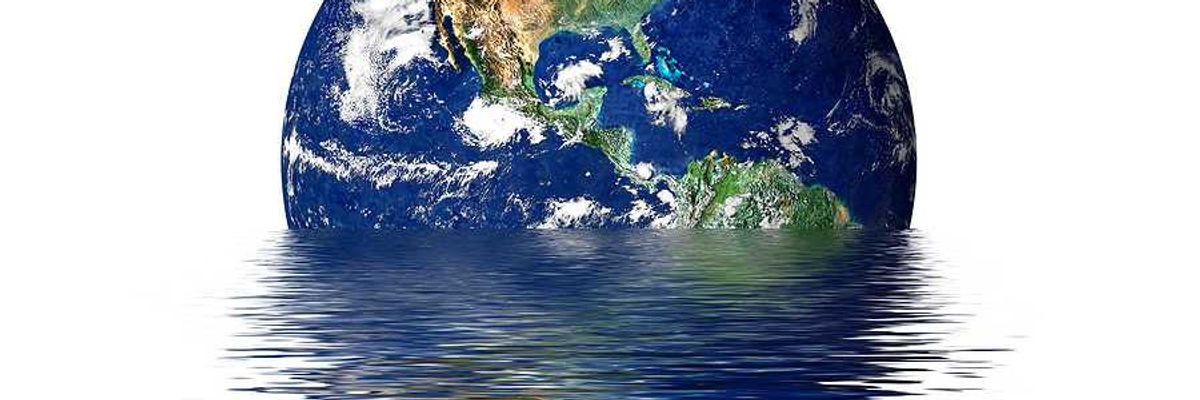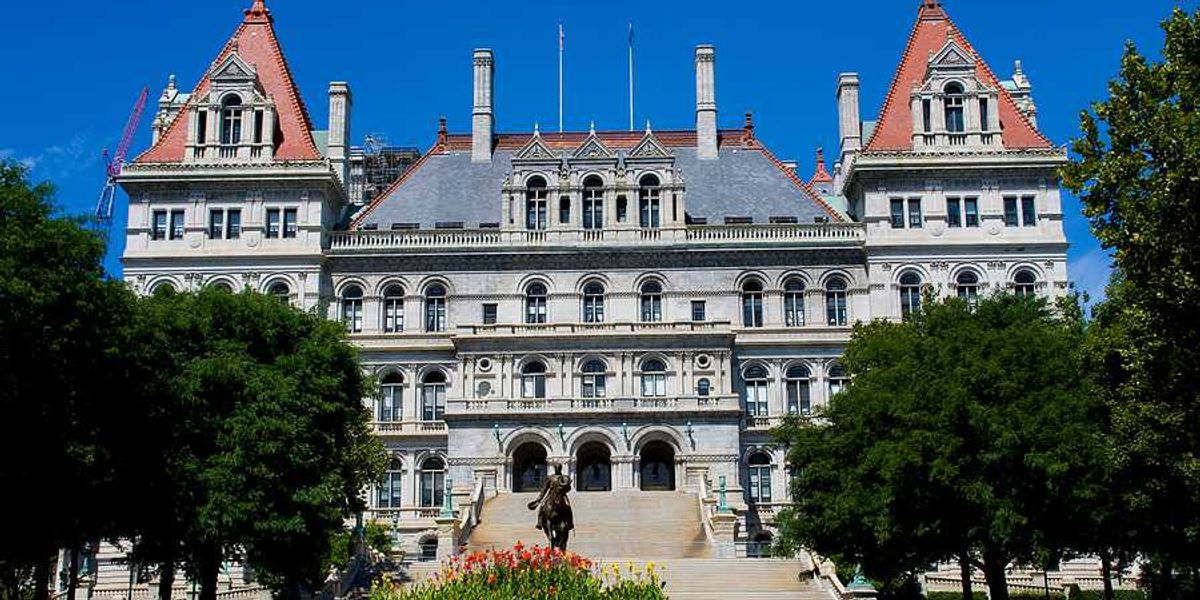planet
Human activities are increasing pandemic risks, new study finds
A recent study highlights how human-induced environmental changes are amplifying the spread of diseases, posing potential pandemic threats.
In short:
- The research examines various environmental factors like pollution, hunting, and climate change, and their combined effects on disease proliferation.
- Key findings indicate that disruptions in biodiversity, largely due to human activities, make ecosystems more susceptible to parasites and diseases.
- The study compiles extensive data from various species and pathogens to underscore a global increase in disease risks due to environmental degradation.
Key quote:
“This adds to a very long list of reasons we should be rapidly moving away from fossil fuels and trying to mitigate the impacts of climate change.”
— Felicia Keesing, professor at Bard College, whose research focuses on biodiversity and disease risks
Why this matters:
Healthy, diverse ecosystems often act as buffers against the spread of diseases. Species-rich areas, for instance, contain a variety of hosts that can dilute the impact of pathogens. However, when biodiversity is compromised — through deforestation, pollution, and climate change — these natural checks on disease diminish, and pathogens can spread more rapidly and widely.
How climate change is changing therapy
The planet’s big blue machine: Why the ocean engine matters
Are we voting with our wallets to overheat the planet?
Michael Mann and Susan Joy Hassol: This heatwave is a climate omen. But it’s not too late to change course
The warming of the planet – including the most up-to-date data for 2023 – is entirely consistent with what climate modelers warned decades ago.
Gaia Vince: Can we still save the planet for our children? I think we can
It is easy to despair as we leave one geological epoch and enter another. Our situation is dire, but we can address it.
Using pig fat as green jet fuel will hurt planet, experts warn
The fat of dead pigs, cattle and chickens is being used to make greener jet fuel, but a new study warns it will end up being worse for the planet.









